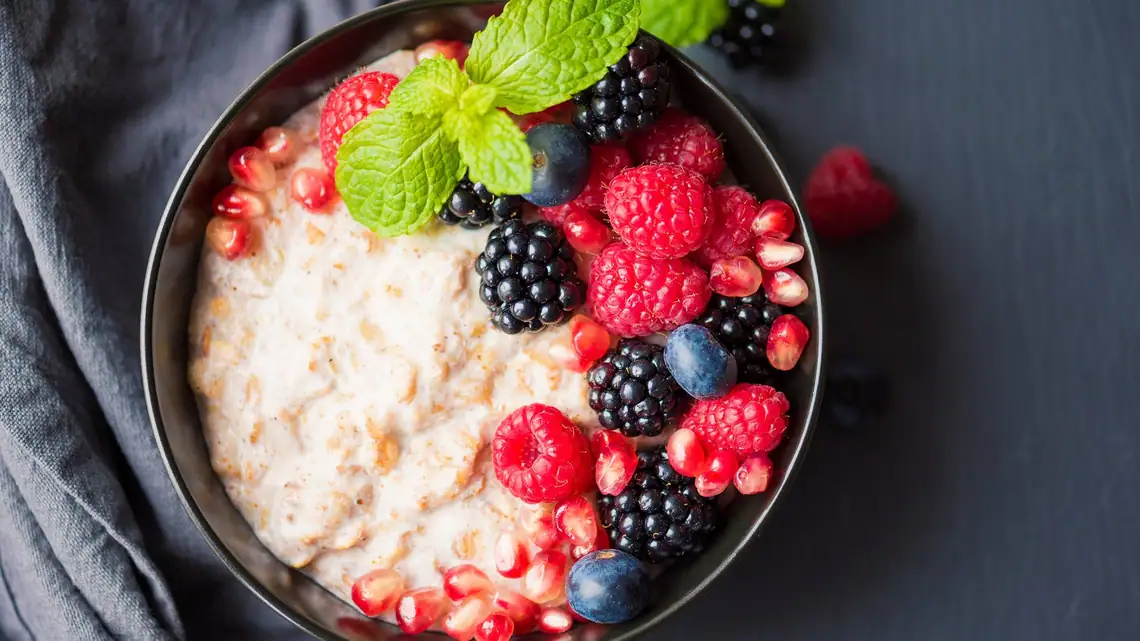This article by Pooja Udeshi, Sports Nutritionist, covers why carbs play an important role in achieving the fitness we work so hard to attain.

Anyone who has recently embraced the active life will tell you, without flinching, how protein is our saviour while carbs will be the death of us. Not fat, not cheese, nor butter and oil, we should beware rice, wheat, bread, pasta, potatoes. The basis of these claims are quite shaky as most people quote influencers peddling pseudo-scientific data on their social media feeds. Simply put, carbohydrates or carbs have become the most demonised food category in the nutrition world, because of well publicized misconceptions regarding their function in weight management.
The bad reputation that carbs get is so widespread that even sportspersons, who usually need more carbs than the layman, need educating, says Pooja Udeshi, sports nutrition consultant at the Kokilaben Dhirubhai Ambani Hospital in Mumbai. Since refined carbohydrates often lead to weight gain, many influencers advocate low-carb diets for quick results, but this strategy is not sustainable and appropriate for everyone.
Udeshi always makes it a point to educate her sports-related clients on the importance of carbohydrates because they tend to ignore carbs completely. “Basically, anyone and everyone is boasting about proteins instead of carbs for a very simple reason that there are several products made by different brands which are protein-rich. Proteins are building blocks of our body but we function on carbohydrates,” she says.
Humans cannot survive without carbohydrates. What the influencers ignore and don’t talk about is the fact that carbohydrates are the main source of energy for our bodies. They are the fuel we burn to carry out all tasks, from breathing to playing sports to thinking. “The information that they miss out on is that the primary function of complex carbohydrates is to provide energy, facilitate brain function, and repair muscle,” explains Chandni Haldurai, Cult.fit’s head of nutrition.
The human brain functions only on carbohydrates, so if you don’t consume enough carbs your cognitive development will also be affected, warns Udeshi. “Carbs can be called as fuel for our body,” she says, adding that people need to learn more about the kind of carbs that are important and good for them. “Complex carbohydrates, such as millets or oats, have low glycemic index and should be consumed regularly.”
Carbs provide us with glucose, which powers our muscles, organs, and brain. Carbs also facilitate digestion and free up protein for important tasks. When incorporated carefully, a balanced carbohydrate intake supports daily activities, controls blood sugar levels, and also helps with weight management.
All types of sports and exercise use glycogen to function efficiently. These are stored in our body as muscle and liver glycogen. And the first one that comes into action is blood glucose. So, the timing and type of carbohydrates are very important to be considered for each type of sport. All long distance runners, cyclists and triathletes load up on carbohydrates in the last few days leading up to a race day, because that’s what their bodies burn while running. They switch their focus to proteins after the race in order to repair their tired and damaged muscles.
Haldurai ensures that carbs are an integral part of her diet, especially before a workout. “For me, carbs give that instant boost of energy before my workouts, which really improves my performance. Carbs also act as an endurance fuel throughout longer exercises like running or football, guaranteeing that I can keep going strong. I make sure to eat a variety of complex and simple carbohydrates to maximise my performance. Carbohydrates are crucial for sustaining my energy levels throughout my physical activity, which allows me to stay quick and accurate while playing,” she says.
Commonly available fruits, vegetables and grains are the healthiest source of carbs. Bananas, mangoes, 100% fruit juices, raisins and honey are high in simple carbs. “Milk and yogurt are also excellent sources of simple carbs because lactose is categorised as a simple carbohydrate. These sugars do not cause any negative effects on your body and are a good source of simple sugars and micronutrients,” says Haldurai. She adds that green peas, lentils, farro, quinoa, potatoes, black beans, barley, old-fashioned oats, carrots, bananas, broccoli, and millet are good sources of complex carbs. “The majority of carbohydrates in your diet should come from complex carbohydrates,” she adds.
Udeshi recommends making different types of millets, such as jowar (sorghum), ragi (finger millet), kodo millet, foxtail millet and bajra (pearl millet) a staple in your regular diet. “These can be used in the form of chapatti or porridge or upma or idli,” she says.
However, one thing you need to watch out for are dishes or foods that contain sugar, sugar cane, cane juice or sucrose. All of these are simple carbohydrates but can have a negative effect on your body since they are processed and refined.


